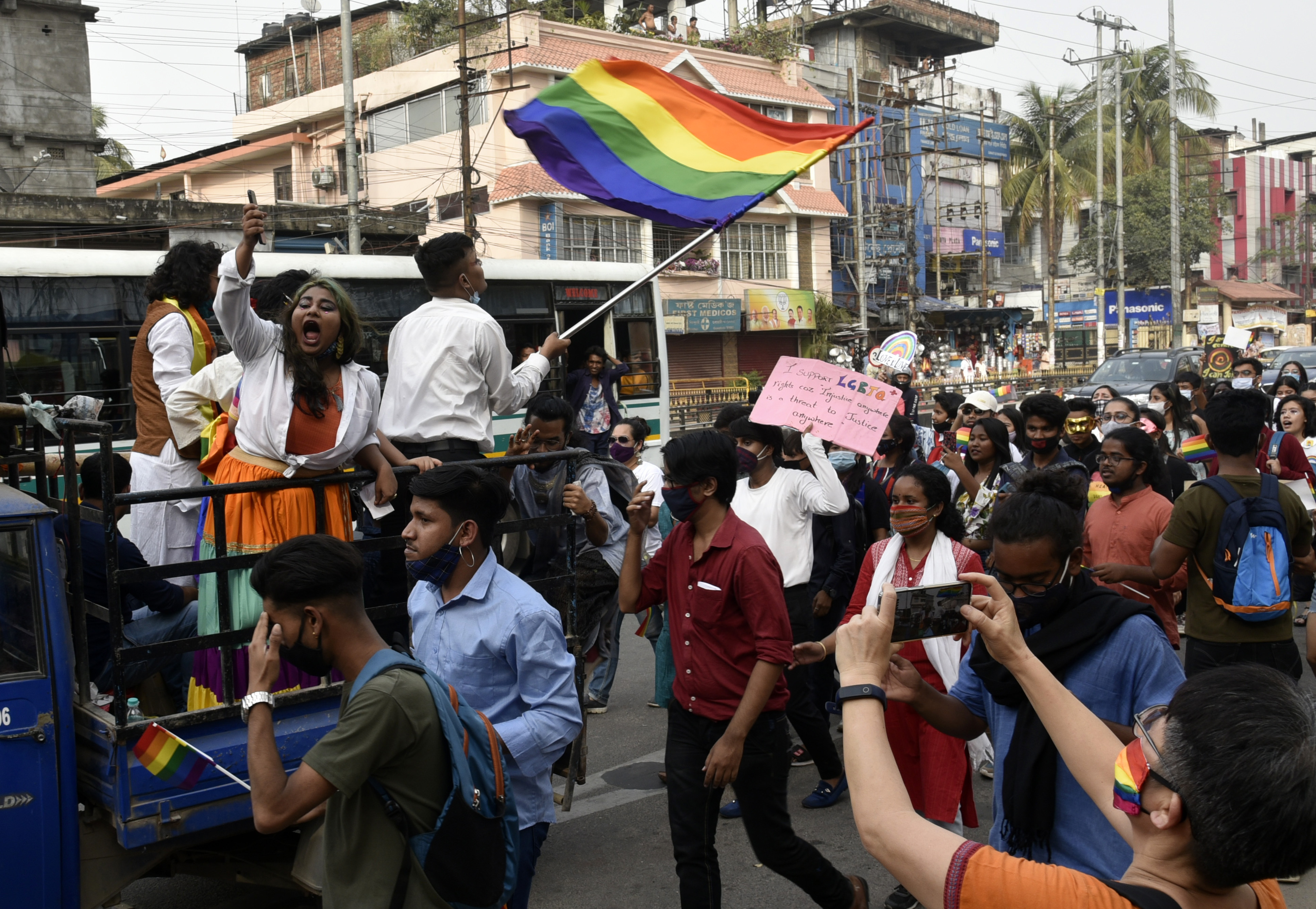Human Rights
The status of LGBTQIA+ individuals in South Asia: opportunities, challenges, and the path ahead

This paper offers a deep dive into the complex landscape of LGBTQIA+ rights and challenges in South Asia, drawing from secondary data, policy analysis, and literature review. It examines the region's political context, tracing the trajectory of LGBTQIA+ rights amidst political turbulence, economic uncertainties, and socio-political complexities. Despite notable progress in recent decades, particularly in terms of heightened visibility and legal recognition, the journey towards achieving comprehensive rights and social integration remains daunting and challenging.
South Asia, renowned for its rich cultural heritage and vast population, grapples with political polarization and economic volatility, further exacerbated by strained regional cooperation. Nevertheless, there is optimism in the growing relationship between South Asia and Europe, with the EU emerging as a pivotal trading partner and a vital source of support, especially during times of crisis.
Across South Asian nations, the landscape of legal recognition for LGBTQIA+ communities varies significantly, with some countries making commendable strides in decriminalization and formal acknowledgment of same-sex relationships. The legal recognition of transgender rights in Bangladesh, India, Nepal and Pakistan and steps towards the decriminalization of homosexuality in Bhutan, India, Nepal and Sri Lanka are such examples of progressive trends. However, persistent challenges loom large, particularly in jurisdictions like Afghanistan and the Maldives, where interpretations of Sharia law impose severe penalties, hindering progress in LGBTQIA+ rights.
The paper also sheds light on ongoing efforts to enhance healthcare access and educational inclusion for the LGBTQIA+ community, showcasing initiatives aimed at sensitizing healthcare professionals, integrating LGBTQIA+ issues into medical curricula, and fostering inclusive educational environments region-wide. Despite these initiatives, substantial obstacles persist, underscoring the imperative for sustained advocacy and collaborative endeavours to propel the advancement of LGBTQIA+ rights across South Asia.
